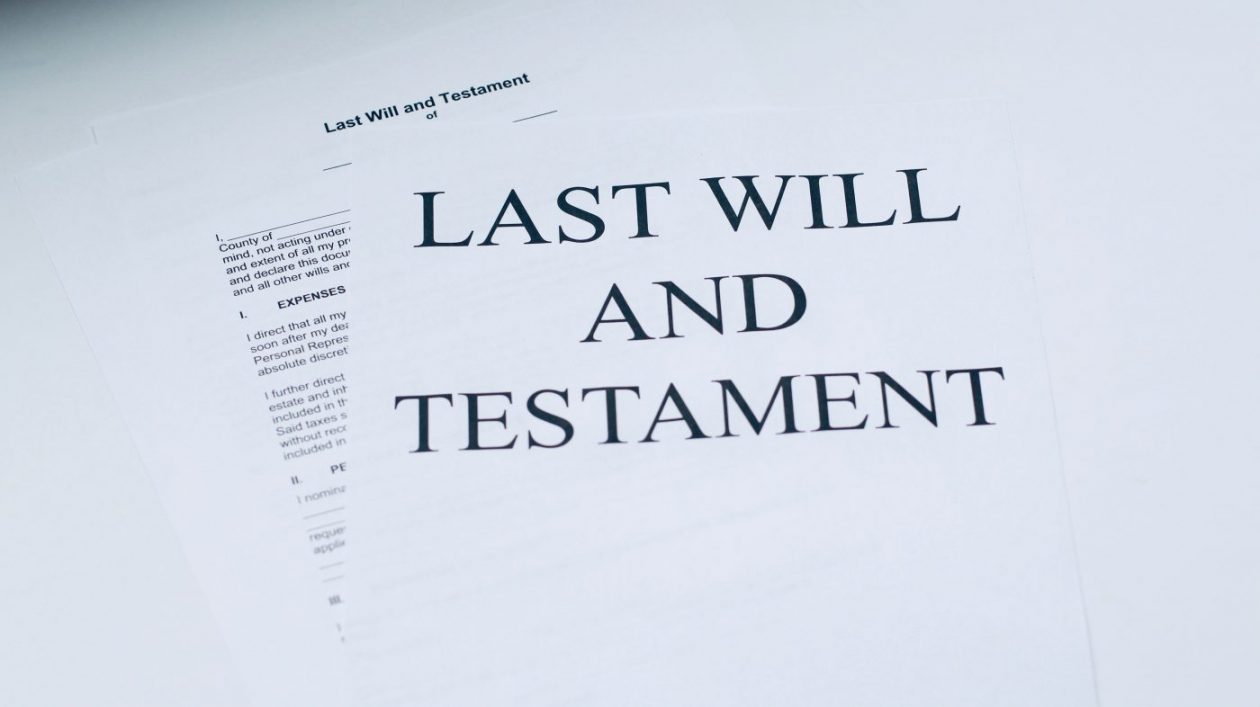
When we think about planning for our family when we die, we often immediately think of a Will. That dusty document that says where we want our property to go when we die or who we want it to go to after we are gone. This is probably because a Will is the type of thing we often see in movies or TV shows.
It may surprise some of us to realize then, that a Will is not always the best option when we want to plan for our passing. Why is this? Well, this is because a Will is subject to Probate. Probate is the court process where the estate of a deceased person is administered. Within California, it typically takes a year or more and is a matter of public record. This means that by only creating a Will, your very personal wishes will be made public – open to family, friends, and others who we probably don’t want to know our personal choices – and can take a year or more for our loved ones to receive, if they do indeed end up receiving them. Even more so, Probate can be expensive. Again, within California, the fee for a probate attorney is a percentage of what the estate is worth. A probate attorney is entitled to the first 4% of an estate valued at $100,000, 3% on the next $100,000 and so on. That means that whatever is left to your loved ones will be given to them only after these attorney fees and others are paid first.
So, if a Will is what we don’t want, what do we want? This is an excellent question and what a good estate planning attorney can help you with. Generally speaking, though, you will want a Revocable Living Trust. If we are unfamiliar with estate planning, the idea of a Trust may sound very foreign. It may be something we have only heard of occasionally, or with respect to the very wealthy – the J. Paul Getty Trust, for example, or some other Trust that pays the bills for expensive museums, art galleries, or music halls. We may have even heard of these things, but still aren’t quite sure what they actually are. It doesn’t need to be this way and a Trust is not the perogative of only the wealthy.
A Trust is something like a personal corporation. Legally, it is considered a separate legal entity from you as a person. It is created by someone (called the “Grantor,” or “Trustor”) for the benefit of someone else (the Beneficiary), and is then overseen by another person (called the “Trustee”). These three persons can be separate persons, or the same person. Furthermore, once you create your Living Trust, the Trust itself will own your property: your house, your cars, etc and you can specify the Trust terms such as how your property is to be managed, who it goes to when you die and so on. Most important, since your Trust is a legal entity, it will survive death when you pass and will, therefore, not need to go through Probate.
You can still create a Will, of course, but you will want to create a Pour-over Will. This document captures all the property not listed in your Trust and pours into you Living Trust when you die so that, again, Probate is not necessary.
At the Law Firm of Shea M. Randall, we are experienced Wills and Trusts lawyers. To speak with an experienced estate planning attorney contact our law office today at (949) 471-0136 or reach us through our estate planning division website at South Coast Estate Plans.
The South Coast Estate Planning Team

